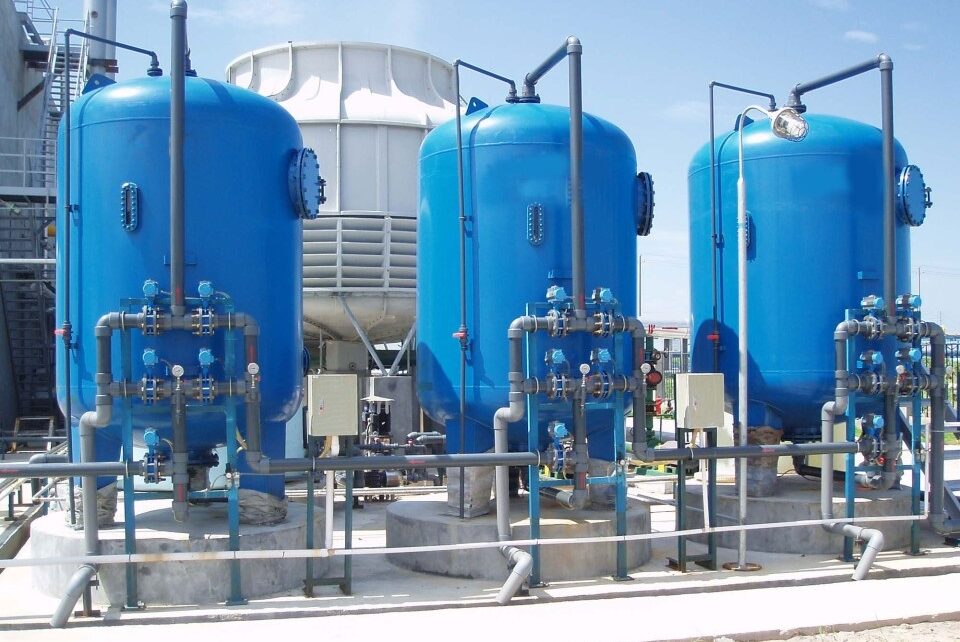Water is essential to life, but it sometimes contains hazardous impurities. Given water supply concerns about heavy metals, contaminants, and bacteria, effective filtering is crucial. Carbon water filtration is popular since its safe and effective. This article discusses carbon water filter safety and how it purifies drinking water.
The Science behind Carbon Water Filter
Carbon water filtration uses activated carbon, which has tiny, low-volume pores to increase surface area for adsorption or chemical reactions. Activated carbon attracts and traps water pollutants, eliminating them. The process uses adsorption, where contaminants stick to the carbon filter.
Organic Pollutant Removal
One reason carbon water filtration is safe is its ability to remove organic contaminants. Organic molecules like industrial chemicals, insecticides, and herbicides can pollute water and harm humans. Activated carbon’s affinity for organic molecules can remove dangerous chemicals from water, reducing exposure and health risks.
Remove Chloramines and Chlorine
Municipal water treatment plants disinfect water with chlorine and chloramines to kill harmful germs. Even while residual chlorine and chloramines are necessary for public health, they can make water taste and smell bad. Carbon water filtering devices remove these disinfectants, making water safer and tastier.
Heavy Metal Reduction
Geological processes, industrial contaminants, and old plumbing can release lead, mercury, and arsenic into water supplies. Metals can affect health even in little amounts. Carbon filtration reduces water heavy metal concentrations by adsorbing them onto its surface, preserving public health.
Microbe Protection
Bacteria, viruses, and protozoa can contaminate water and cause waterborne illnesses. Many carbon water filtration systems use UV sterilization or silver impregnation to eliminate all microbes. Combining activated carbon with these cutting-edge technology neutralizes waterborne microorganisms, ensuring safe drinking water.
Protecting Vital Minerals
Carbon water filtration preserves water’s inherent minerals, unlike other treatments. Maintaining drinking water’s flavor and nutrients requires this. Carbon filtration removes contaminants and preserves minerals, boosting health.
Eco-Friendliness
Compared to other water treatment methods, carbon water filtration is environmentally friendly. It doesn’t use harsh chemicals or produce harmful contaminants. Due to its renewable source, wood or coconut shells, activated carbon is a sustainable water filtration alternative.
Economical and Convenient
Another benefit of carbon water filtration is its price and simplicity. Carbon filtering systems are affordable compared to other treatment methods, thus many people can buy them. Many carbon filtration systems are easy to install and maintain, giving homeowners’ clean, safe drinking water.
Conclusion
To conclude, carbon water filtration cleans drinking water safely and effectively. Activated carbon adsorption removes pollutants and maintains minerals and water purity. Carbon water filtration eliminates bacteria, organic molecules, heavy metals, and other impurities to improve health. Carbon filtration is still used worldwide to provide clean, safe drinking water due to its affordability, convenience of use, and environmental friendliness.




